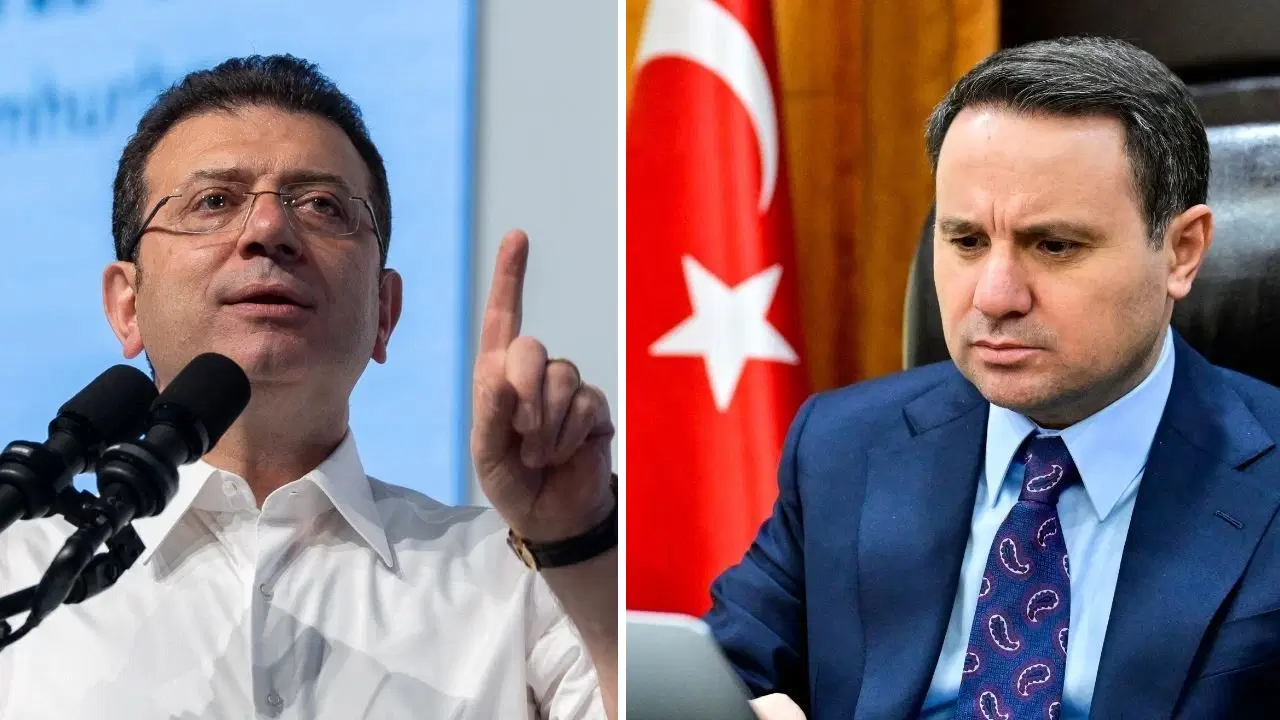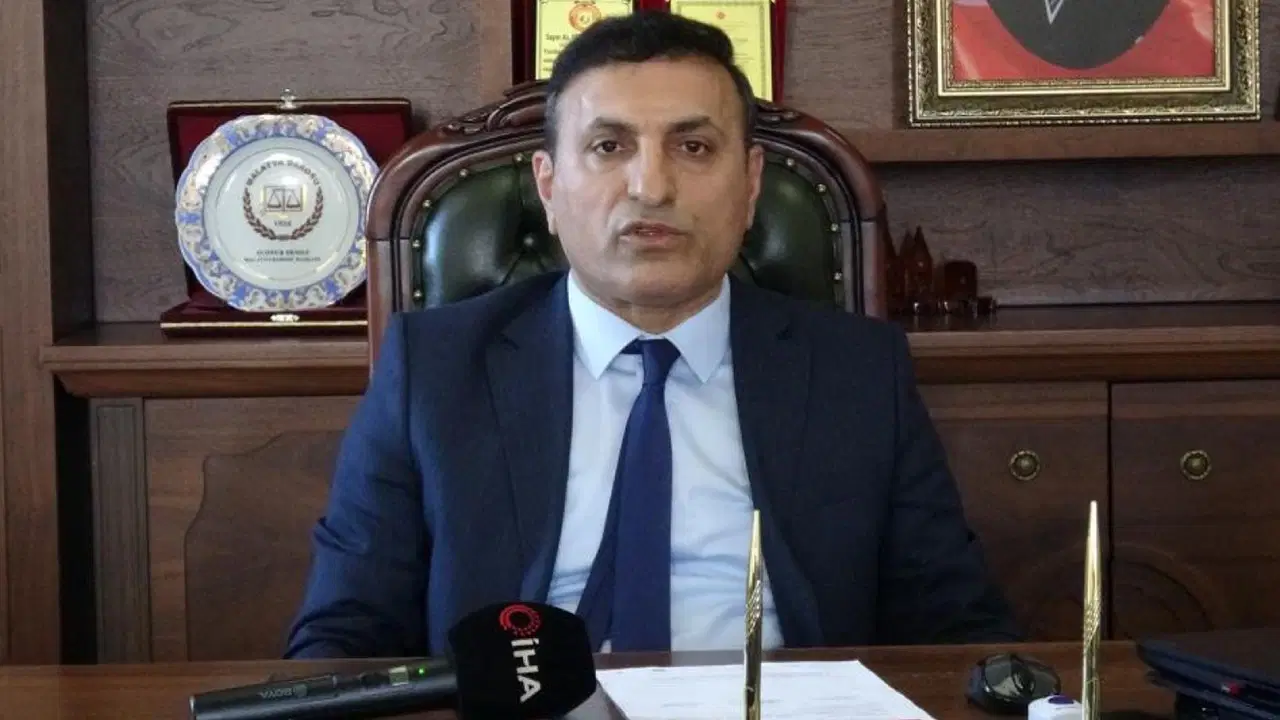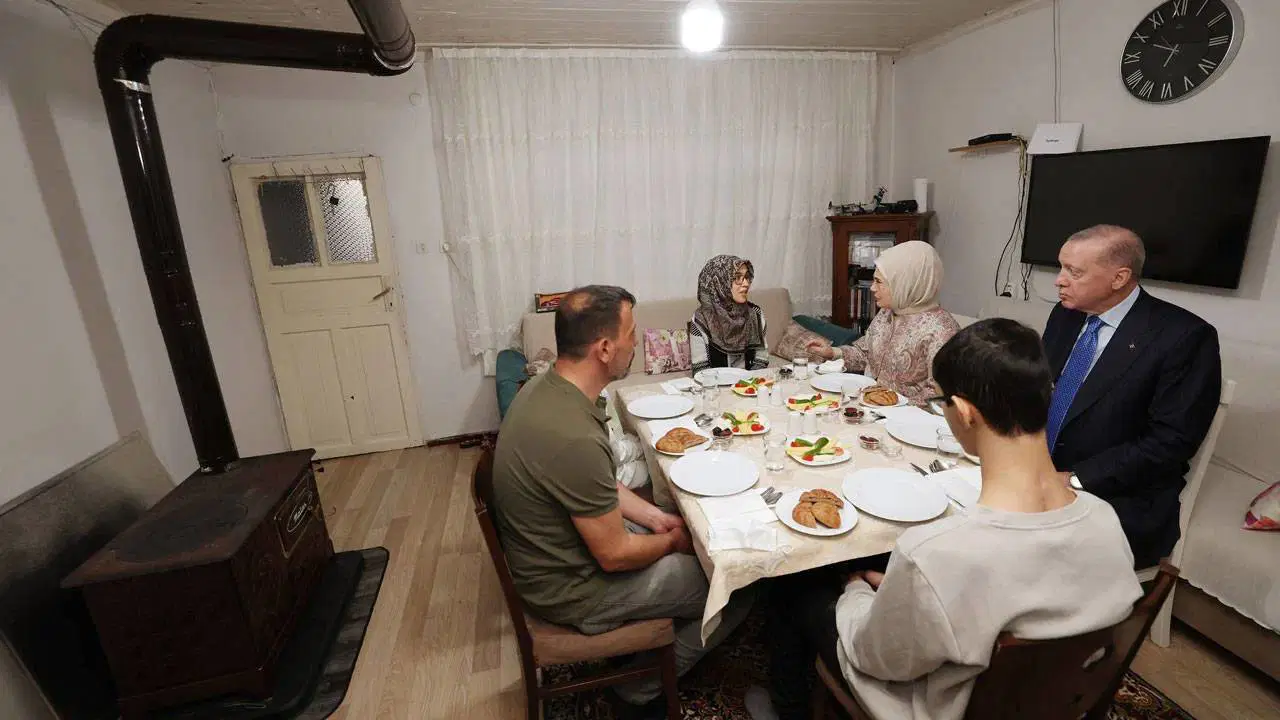 The difference between a democracy and an authoritarian regime is that in a democracy laws are discussed with the participation of the widest sections of society when they are at the draft stage, while in an authoritarian regime debate within the prevailing limits of freedom of thought begins once the die is cast. As was the case following the promulgation in the Official Gazette last Sunday of Decree with the Force of Law number 696.
The difference between a democracy and an authoritarian regime is that in a democracy laws are discussed with the participation of the widest sections of society when they are at the draft stage, while in an authoritarian regime debate within the prevailing limits of freedom of thought begins once the die is cast. As was the case following the promulgation in the Official Gazette last Sunday of Decree with the Force of Law number 696.
Until the 137-article omnibus Decree with the Force of Law number 696 took effect, nobody had an inkling of it apart from those within narrow ruling circles. Had this been, not an “omnibus decree with the force of law”, but one of those “omnibus laws” that we detest, it would at least have passed through parliament and certain inquisitive journalists would perhaps have spotted the exceptionally inauspicious “penal immunity for civilians” and “uniform attire for prisoners” articles within the draft and brought them to attention. A debate would have ensued and those at the top would have had to defend themselves.
“Omnibus laws” were a technique that those in power employed to make the opposition’s task in parliament difficult, especially that of bringing the will of the nation to bear. They could also dupe the media with omnibus laws. The rulers’ “omnibus decree with the force of law” ruse sounds the death knell for the omnibus laws of the past.
This administration has, thanks to Article 121 of Decree with the Force of Law number 696, paved the way for civilians who will be involved in “quelling” acts that “constitute a continuation” of the 15 July coup attempt and acts of terrorism to be granted civil, administrative, financial and penal immunity.
In speaking of “civilians who will be involved in quelling acts” I use the future tense consciously, because the loose wording in the article, “acts that constitute their continuation” relates to our present and future rather than the past. You have probably read it before, but there is a need to reproduce Article 121 in full:
“The following paragraph has been appended to Article 37 of Law number 6755 of 8/11/2016 Amending and Approving the Decree with the Force of Law on Measures that Require to be Taken within the State of Emergency and on Certain Institutions and Bodies:
(2) The provisions of paragraph one will be applied to those who act/acted while participating in quelling the coup attempt and acts of terrorism that were staged on 15/7/2016 and acts constituting their continuation, regardless of whether or not they were in an official capacity or were carrying out an official duty.”
What is in paragraph one?
It provides that public servants who have/had duties in quelling the coup attempt and terrorism on 15 July 2016 and “acts constituting their continuation” and additionally in implementing state of emergency decrees with the force of law will be immune from penal liability of all kinds.
The ruse comes with the administration amending Law number 6755 under its most recent Decree with the Force of Law number 696 and extending penal immunity to civilians in a loosely defined manner. What must not be forgotten is that state of emergency decrees with the force of law will expire along with the state of emergency. Law number 6755, however, was initially promulgated as a state of emergency decree with the force of law and was then passed through parliament and attained the status of a statute. There are no indications of this at the moment, but the aim is, even if the state of emergency ends one day, for statutes adulterated under decrees with the force of law to remain in effect, in other words, for the de facto continuation of the state of emergency.
On the other hand, if the state of emergency ceases, Law number 6755 that has since last Sunday granted penal immunity under certain conditions to civilians will remain in effect but it will in theory become subject to the Constitutional Court’s review.
How is Law number 6755 in its form as amended by Decree with the Force of Law number 696 to be applied? We are passing through a dark period in which those who object to and oppose the actions of those in power are accused of FETOism, coupism and terrorism.
What if a force or group of civilians is tasked with quelling any action on the part of a political grouping, association or else civil society organisation citing “acts constituting their continuation.” Or what if some people assign themselves a mission and move into action, who is to decide, and how, that the victims were terrorists and consequently that the quellers did not commit a crime?
Which office? Which official?
It will without doubt be a court that decides. There is no way that it can be otherwise. If this were so, the Republic of Turkey would cease to be classified as a state.
You can conjure up before your eyes the monstrosities this situation will engender for the judiciary, the debate it will give rise to and the further harm to the perception of Turkey in the world.
The active use of the judicial organ in Turkey, regardless of the degree to which it has lost its impartiality and independence, to give protection in the form of penal immunity to certain civilian paramilitary forces will above all place the political will that resorts to this in a position from which there is no exit. This error must be undone at once.















